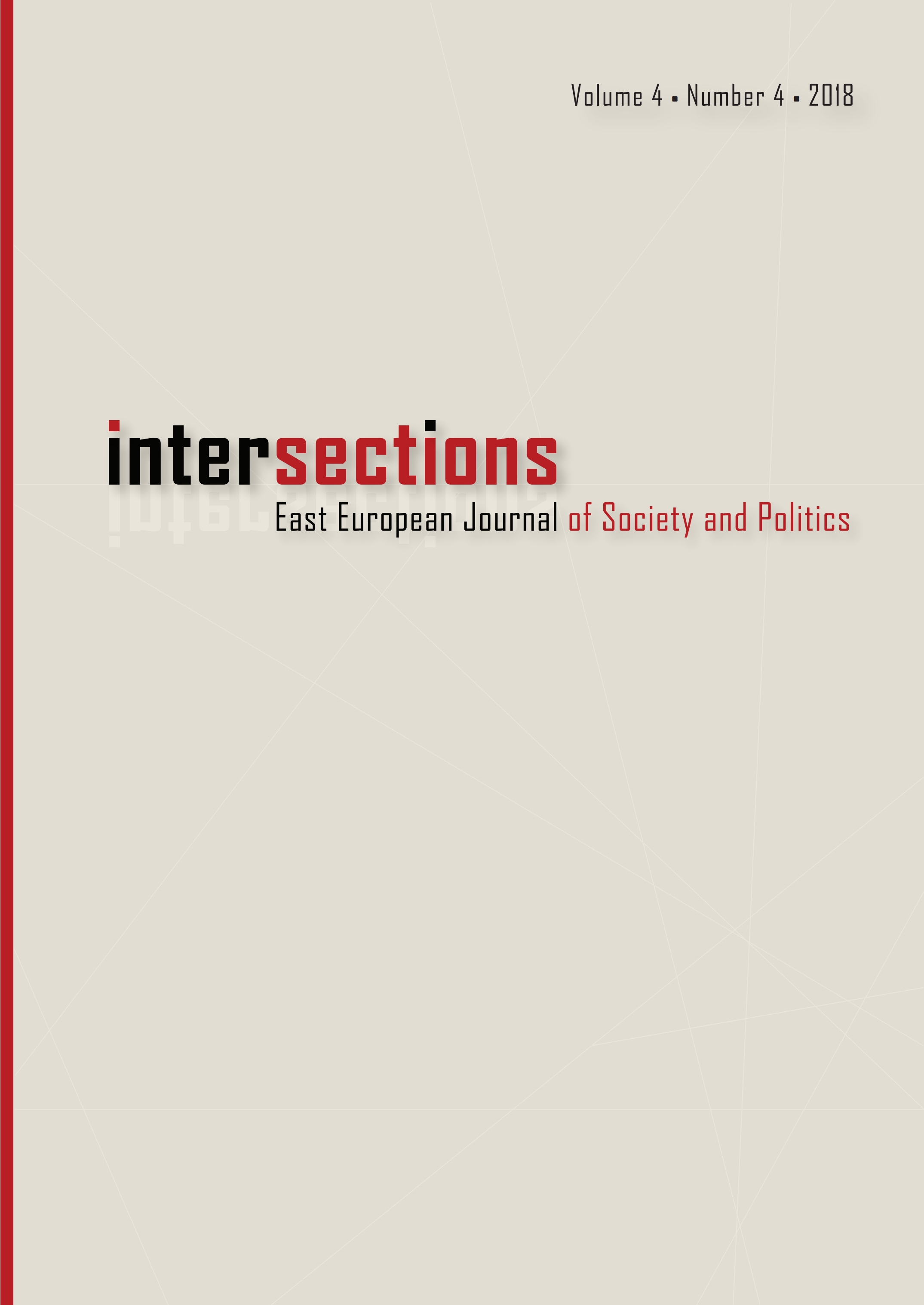On Civil Society and the Social Economy in Hungary
On Civil Society and the Social Economy in Hungary
Author(s): Júlia Szalai, Sara SvenssonSubject(s): Civil Society
Published by: MTA Társadalomtudományi Kutatóközpont Kisebbsegkutató Intézet
Keywords: Civil Society; Social Economy; Solidarity; Social Entrepreneurship; Non-governmental Organization
Summary/Abstract: While the development of civil society organisations in Hungary has been impressive in terms of number and diversity, its influence has remained limited on policy-making. Administrative attempts to draw civil society under tight regulation and control have produced a blurring of the boundaries between the civil and the public spheres that, in turn, has impaired the independent voice and criticism of civil society. Therefore, economic acts based on solidarity and originating from civil society do not automatically form or increase a ‘social economy’ but become as contested by and as intermingled with political developments as other acts of civil society. This development also has affected the profile of civil activities: against the earlier impressive weight of anti-poverty, anti-racist and human rights engagements, the ‘non-risky’ activities of sports and leisure services have come to domination. A turn toward declining participation is a warning sign of the decreasing contribution of civil society to everyday democracy.
Journal: Intersections. East European Journal of Society and Politics
- Issue Year: 4/2018
- Issue No: 4
- Page Range: 107-124
- Page Count: 18
- Language: English

